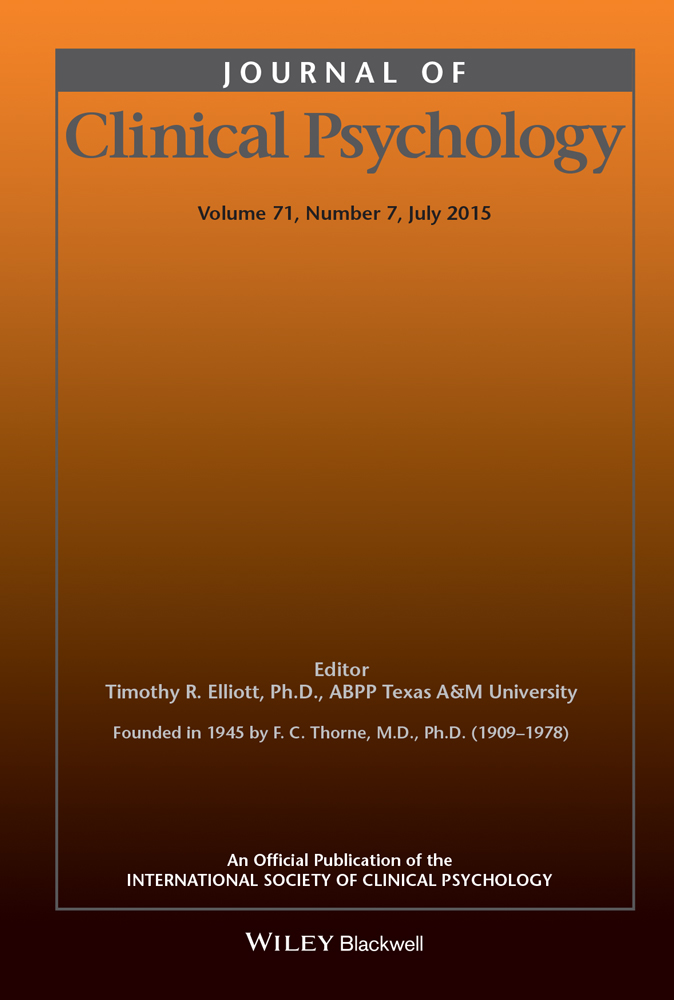Actor-Partner Effects and the Differential Roles of Depression and Anxiety in Intimate Relationships: A Cross-Sectional and Longitudinal Analysis
Abstract
Objective
The purpose of the present study was to investigate the differential roles of depression and anxiety in intimate relationship satisfaction, both cross-sectionally and longitudinally.
Method
The cross-sectional sample comprised 70 couples, of which 48 couples also participated at follow-up. All couples completed measures of relationship satisfaction and symptoms of depression and anxiety.
Results
Cross-sectionally, actor symptoms of depression were the only predictor of relationship satisfaction, after controlling for symptoms of anxiety. Conversely, depressive symptoms did not predict change in relationship satisfaction over time above and beyond the effects of anxiety. Instead, actor symptoms of anxiety at time 1 predicted a decline in relationship satisfaction from time 1 to time 2. For wives, their husbands’ levels of anxiety at time 1 also predicted longitudinal change in relationship satisfaction.
Conclusion
These results highlight the importance of studying the constructs of depression and anxiety simultaneously, and point to intriguing gender differences.




